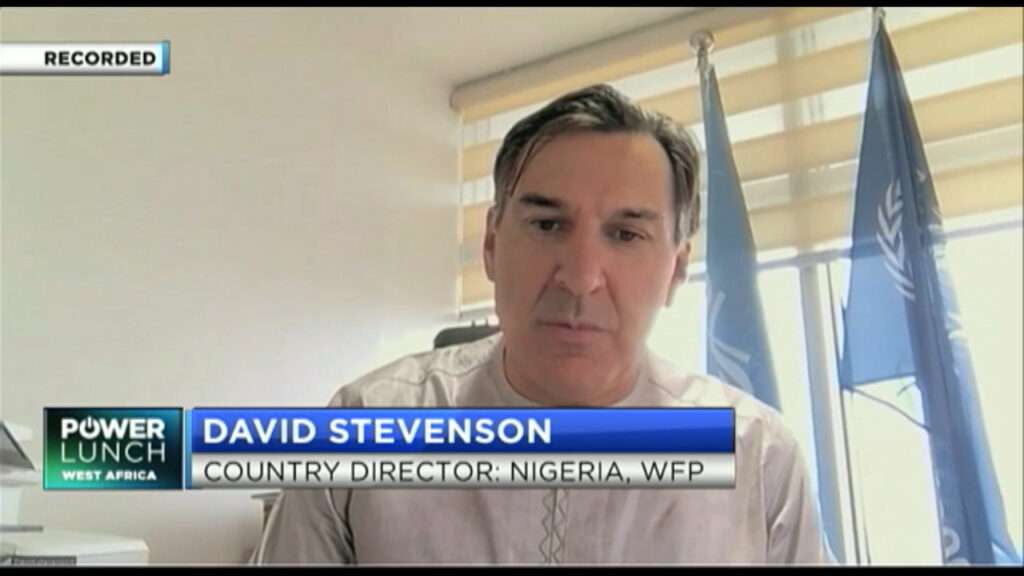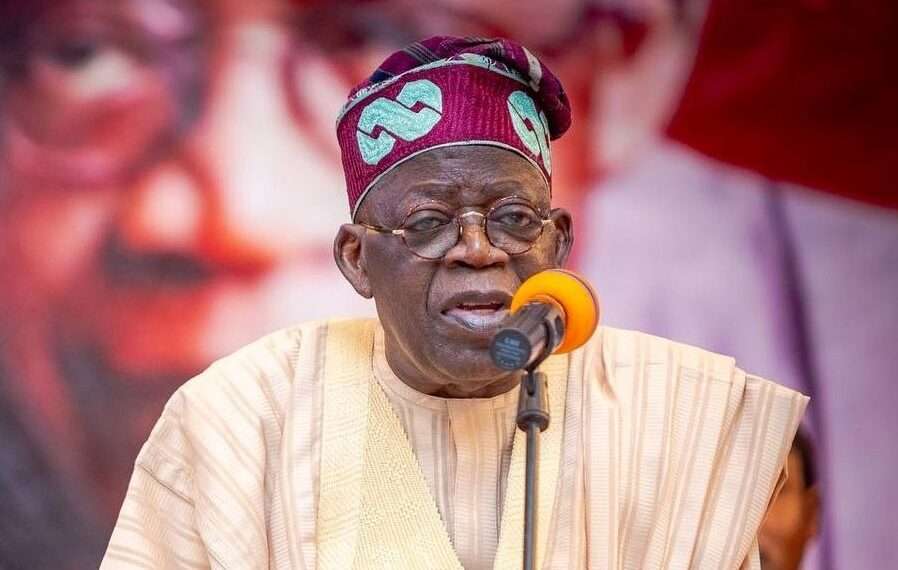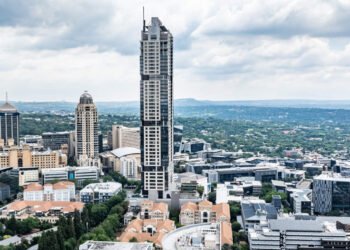Amid growing economic hardships, Nigerians are preparing for widespread protests this week, highlighting the country’s worst cost-of-living crisis in a generation.
With social media amplifying the call to action, authorities are anxious about a potential repeat of the deadly 2020 demonstrations against police brutality or the violent protests seen in Kenya last month, sparked by a tax hike that resulted in chaos in Nairobi.
Nigerian President Bola Tinubu’s government is determined to avoid such turmoil. Despite being one of Africa’s top oil producers, Nigeria’s citizens are among the world’s poorest, a stark contrast to the wealth of its politicians and lawmakers, who are among the highest-paid on the continent.
Even the president’s wife enjoys taxpayer-funded luxuries, despite her office not being mentioned in the constitution.
Nigeria’s population, exceeding 210 million—the largest on the continent—also ranks among the world’s hungriest.
The government has struggled to create jobs, and economic conditions have worsened under Tinubu, who promised “renewed hope” when he took office in May 2023.
Surging inflation, now at a 28-year high, and government policies that have devalued the naira, the local currency, have exacerbated the situation.
On Tuesday, local media reported that protest organizers, planning demonstrations for Thursday, rejected a proposal from Nigeria’s police to confine rallies to controlled spaces.
Comments from officials suggest “a troubling readiness to stifle dissent,” according to Human Rights Watch.
“So many people are struggling to stay alive,” said Rev. Peter Odogwu during his Sunday sermon at a church in Nigeria’s capital, Abuja.
“There is so much hardship and that is why collectively people want to speak out. But there’s so much opposition from the government trying to discourage people from going out.”
Rev. Peter Odogwu
Northeast Nigeria Faces Severe Hardship
The frustration is widespread, with northeastern Nigeria particularly affected. The region, enduring the world’s longest war on militancy, has left 4.8 million people in dire need of food, according to the United Nations food agency.
Nationwide, at least 32 million Nigerians face acute hunger, which accounts for 10% of the global burden, the World Food Program reported.
“The malnutrition rates and the rate of food insecurity in the [three northeastern] states have never been as bad as they are this year, but they’ve never been as bad country-wide either,” said David Stevenson, WFP country director in Nigeria.

Tinubu’s aides defend his efforts to alleviate hardship, citing convoys of food trucks sent to the worst-hit states, cash support for families and businesses, and a new law that more than doubled the minimum wage for government workers.
However, the new minimum monthly wage of $43 is significantly lower than what labor unions claim is needed to offset the devaluation of the naira.
Critics argue that Tinubu has fallen short of the expectations that brought him to power 14 months ago.
They point to Nigeria’s ongoing security crises in the north and an ailing economy, which, once Africa’s largest, is now projected to fall to fourth place this year, according to the International Monetary Fund.
Tinubu’s economic reforms, including the suspension of long-standing gas subsidies and central bank measures such as currency devaluations, aimed to save government funds and attract foreign investments.
However, poor implementation has driven up prices across the board, analysts say, citing the lack of timely support programs.
The suspension of gas subsidies has more than doubled petrol prices. In a country where many rely on generators due to unreliable electricity, this has led to higher fuel costs and more people walking to work due to increased transportation expenses.
More people are also juggling multiple jobs. “The work that you’ve never done before, when Tinubu came, all of us began to do it,” said James Ayuba, a laborer in Abuja.
His family has moved to the city outskirts to cut living costs, and despite taking on a second job, they still struggle to afford food and basic needs. “Everything in Nigeria has turned upside down,” he lamented.
READ ALSO: Nana B Criticizes NDC’s Sudden Praise of Judiciary Following Court Victory























